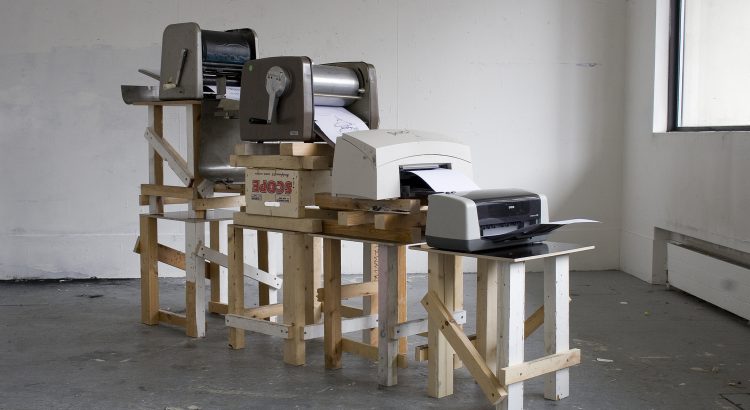Podcast: Play in new window | Download
Subscribe: Spotify | Email | TuneIn |
Please recount your life story, all of your future plans, and why this graduate program is uniquely suited to fulfill those dreams. Limit your answer to 140 characters.
Okay, okay, the typical “Personal Statement” prompt on your grad school application is probably not that outrageous, but they CAN feel both cryptic and overwhelming.
Here’s a real prompt from a real grad school application at a major university:
In 1-2 pages, describe your career goals, research interests, past and present research experience, and why you’ve chosen the [Name Redacted] Program for your graduate studies.
This prompt can induce instant writer’s block in even the most prepared applicants. So where do you begin?
This week on the show, we share tips for crafting the perfect personal statement that will highlight your grad-school-readiness and potential for greatness in a career beyond the degree.
Read More




